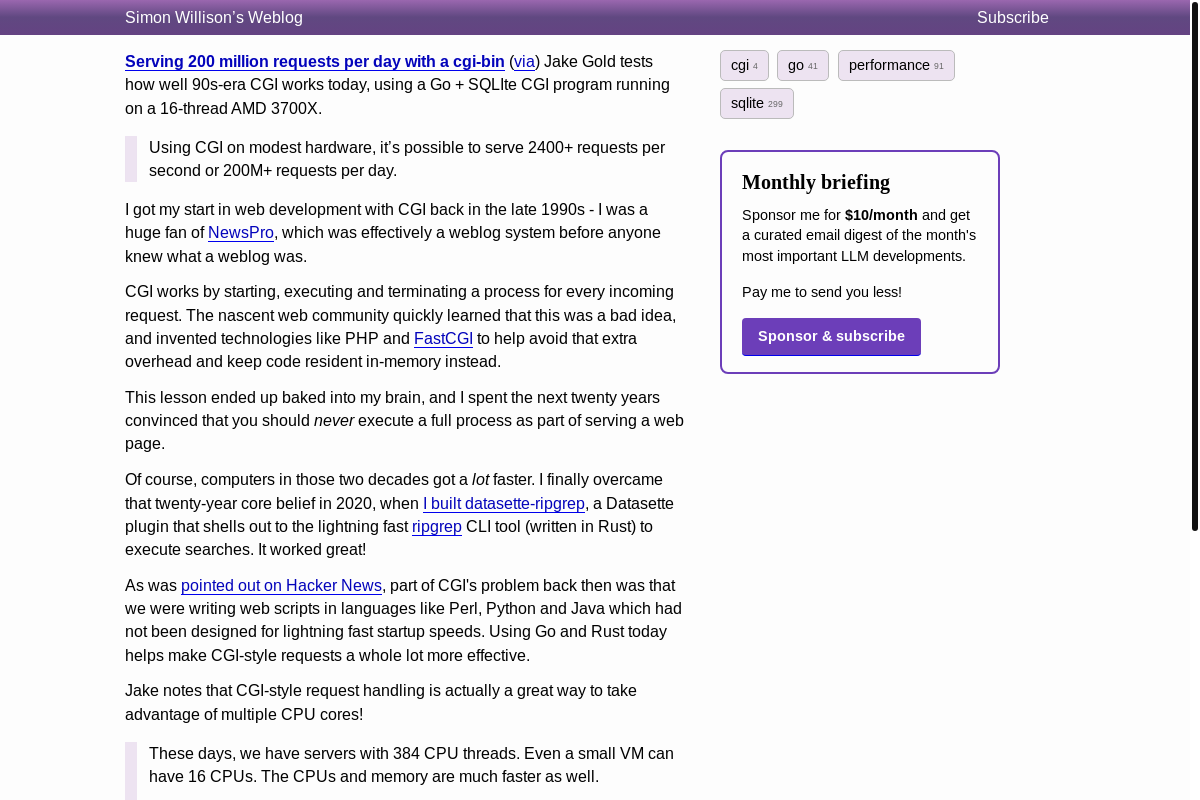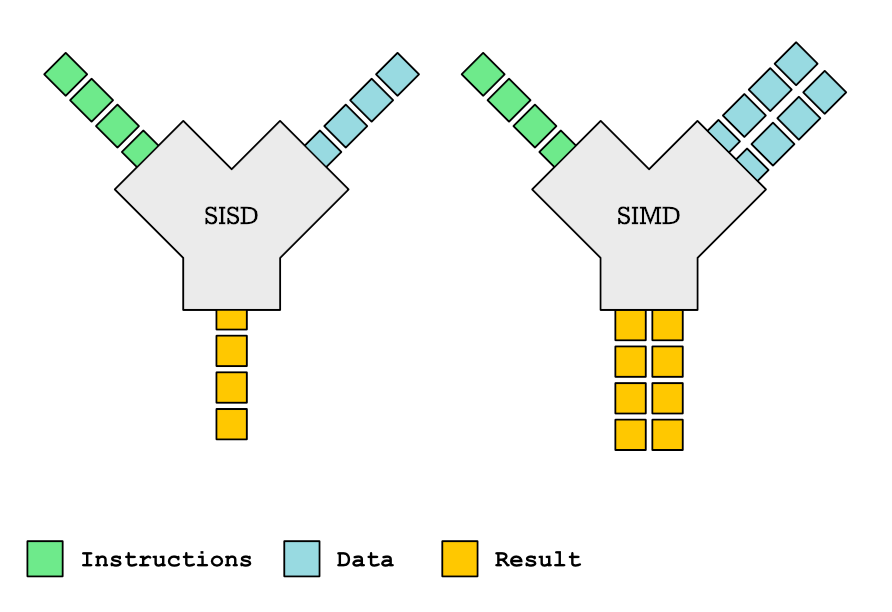myNoise Android App Launch: A Year of Struggle and Triumph

After a year-long development odyssey, the new myNoise Android app is finally live. This post details the challenges of Android development: device fragmentation, the app store's pay-to-play model, and high maintenance costs. The author recounts the journey from initial iOS success to the Android app's rebuild, highlighting the team's contributions. Despite negative reviews and financial strain, the author remains optimistic and appeals for user support to ensure the project's success.












